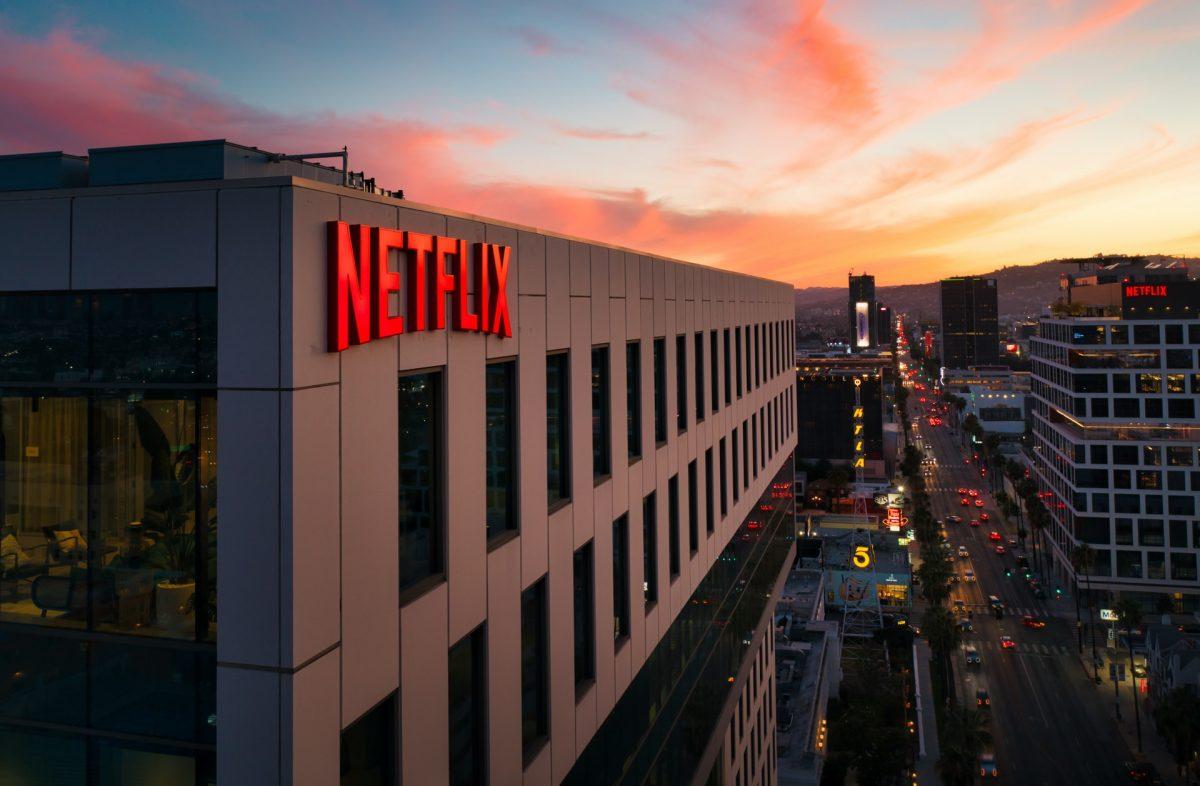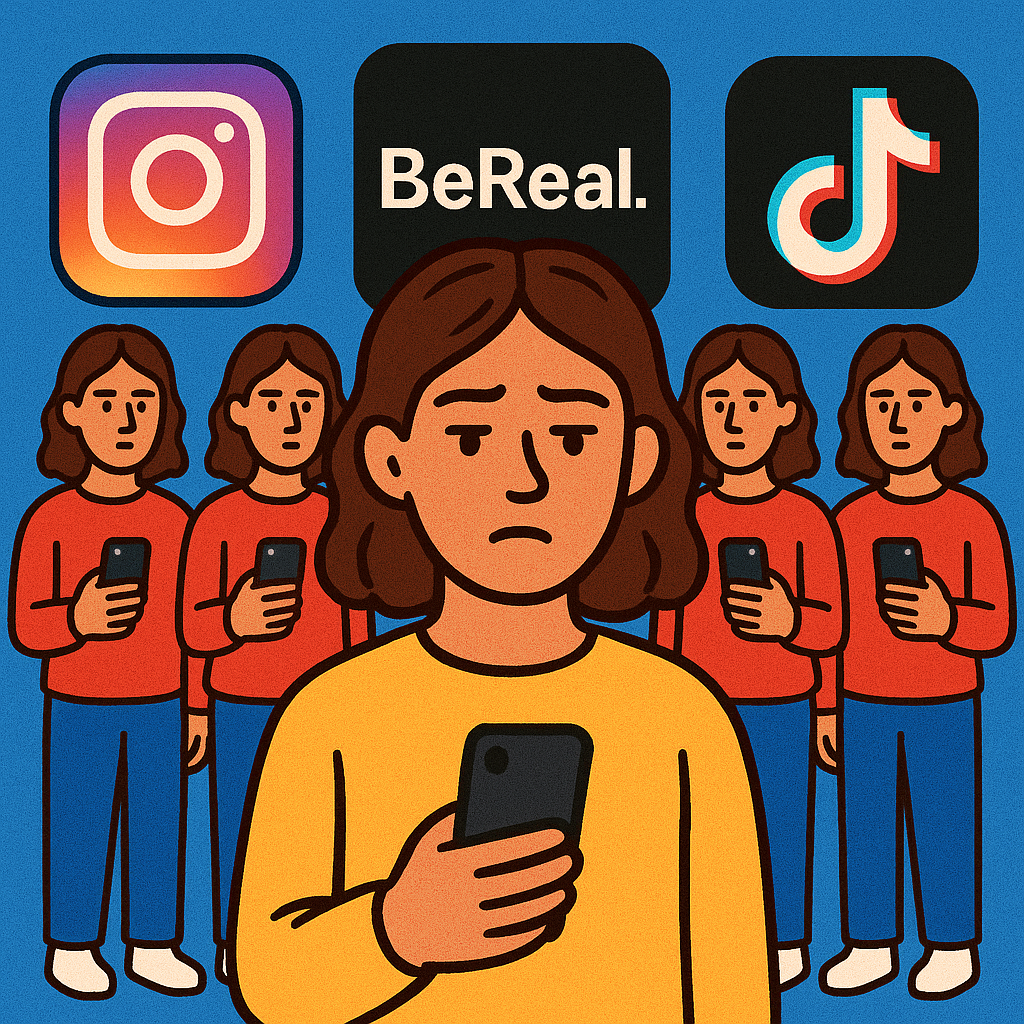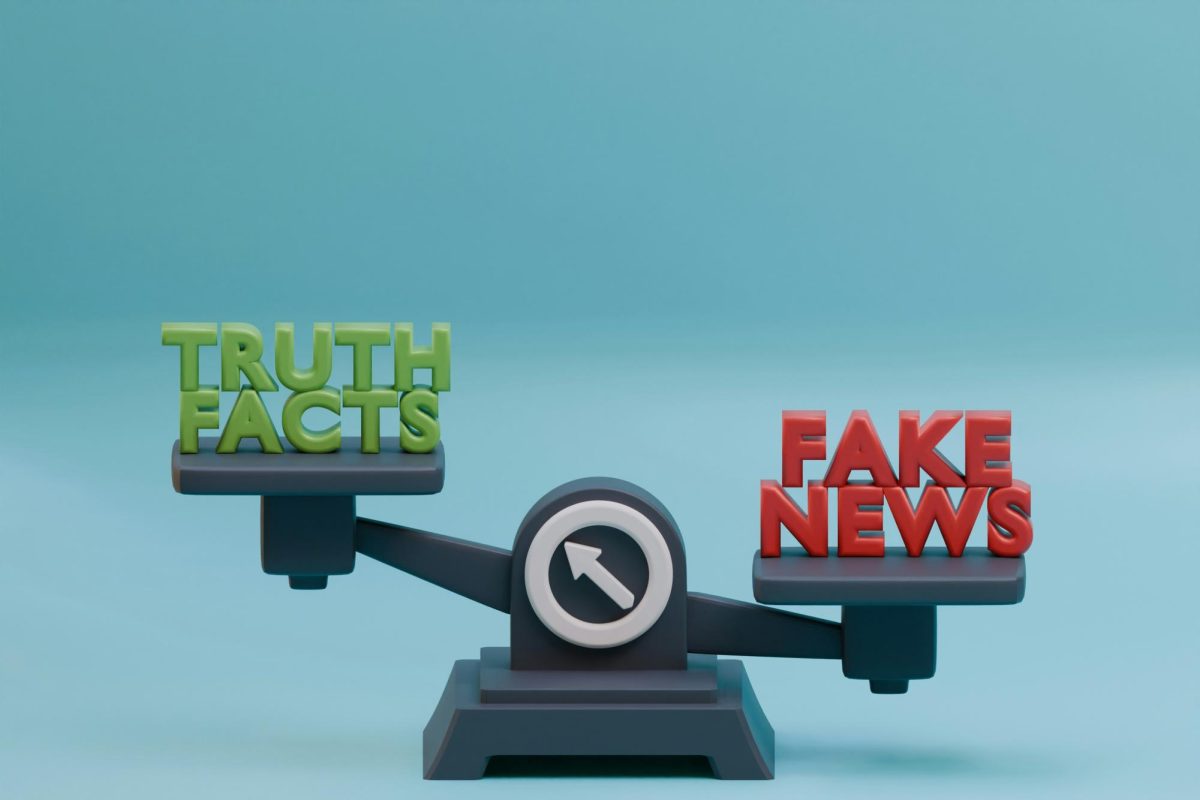Dear Netflix CEO Reed Hastings,
Two years ago, a teaser for an upcoming Netflix show popped up on my YouTube recommendations. As a then 13-year-old artist with an appreciation for coming-of-age stories, I was pleased to find an upcoming show called I Am Not Okay With This which centered on mysterious events happening to a teenage girl (played by one of my favorite actresses, Sophia Lillis)seeming to have an indie atmosphere, witty comedic timing, and a fun soundtrack–all great elements in my book. Anne With An E had just been cancelled at this time and I, like many others, was upset to see the rushed ending to a beloved modern take on the classic heroine. So when I Am Not Okay With This was released, I gobbled it up like a cup of strawberry frozen yogurt that hits the spot just right. And…six months later, IANOWT was cancelled, too. Not exactly the cherry on top I was hoping for.
What probably attracted me most to I Am Not Okay With This at the time was seeing how the main character, a 17-year-old teenage girl, was actually played by a 17-year-old teenage girl. It was a running gag in my group of middle school friends at the time that Netflix’s coming-of-age portrayals would always mess up somehow in terms of authenticity…the few times that us teenage girls would get a moment in the spotlight at all. And I hope you can understand that this letter does not intend to anger or diminish what Netflix, as a platform, offers for audiences. I’m a part of the generation of kids being raised on streaming platforms; some of my favourite shows of all time have been on Netflix. But to quote a role model of mine, “there can be no deep disappointment where there is not deep love.” I’m writing this letter today because I do love what your platform represents, and I believe that Netflix has the incredible potential to cater to a side of coming-of-age T.V. or film that is often under- or misrepresented: that of the young teenage girl.
Yes, I believe we need more shows that are unapologetically “girl”–without them, our self-images become damaged and we internalize harmful stigmas. A year ago, on an average school day afternoon, my best friend was pestering me to give her new Netflix show suggestions, saying she felt that she had watched everything interesting on the platform. She was one of those friends who sort of acted younger than most of your other friends in your group, for context. But seeing as she usually loved the same types of shows that I did, I suggested the Baby-Sitters Club, another Netflix Original centered around the comings and goings of a group of creative middle schooler girls (just like us!). And as soon as I suggested this, my friend turned her nose up at it. Turning her nose up at this show at face value–a show that was obviously and unapologetically girl.
I spent a long time thinking about it and felt so disappointed in the world for having taught us these harmful lessons. To quote Rachel Shukert, creator of the Baby-Sitters Club, “I think female audiences are trained to not take their own stories as seriously. Stuff men were obsessed with when they were 9 is treated like Hamlet. How many Spider-Man movies are there? How many Star Wars? They tell it over and over again from different perspectives. That’s all fine, obviously. But what if someone treated something for girls that seriously? Even with a fraction of the money.” Just a month ago this year, Netflix announced that it had canceled the successful show after two seasons, and I believe this further serves my point.
On a different note, from a business perspective, it is completely understandable for you to want your platform to invest in what becomes most successful. But all the shows that I have mentioned so far were critically acclaimed–I Am Not Okay With This sparked TikTok trends under the show’s soundtrack following its release and garnered a Rotten Tomatoes review of 86%; Anne With An E’s first season alone was nominated for eight awards across two separate platforms, and The Baby-Sitters Club’s Rotten Tomatoes score is reportedly higher than that of any other Netflix show! This proves that there’s not only a need for more of these kinds of shows but there’s also undeniable potential in making more content with teenage girl protagonists from the point of view of a teenage girl(s). In I Am Not Okay With This, the main character Sydney is angsty, angry, lonely, and cold towards many of those around her. And to my surprise, the scriptwriting was not overly preachy against Sydney’s actions. The traits she would exhibit were sometimes traditionally antagonist-like, but somehow, I felt I understood her completely.
This is all because the story was told from HER point of view. The show delved into her emotional scars and depth, depicting her as a growing human being, not just as a shallow and overdone stereotype of a teenage girl who is moody and sarcastic. There was a reason Sydney felt the way she did and saw the world the way she did, and much of the show’s appeal was in watching that unfold–Sydney’s emotional and mental hardships really resonated with me.
Pixar’s recent film Turning Red serves as another great, more family-oriented example of approaching girl puberty and sexuality from a normalizing standpoint; one that doesn’t completely feel like it’s patronizing (if acknowledging at all) the totality of the experience. On movie clips and critiques online of Turning Red, users have been quick to defend the slight “controversy” surrounding the film’s portrayal of a girl’s first period, commenting things like,
“[The film’s criticism] also falls into the category of ‘teenage girls can’t do anything without being made fun of.’’”
“Its [sic] sad that teen girls literally can’t do anything without being made fun off [sic].”
It’s empowering for me to read that people other than my old middle school friend group feel an issue with how teenage girls are represented. Whether it’s the music or boybands we may like, the fashion we enjoy, or even the films and TV shows that we feel resonates with us, teenage girls’ interests are often belittled and not taken as seriously as what modern societal constructs would consider “REAL music” or “REAL cinema”, etc. This narrative is not only false (after all, weren’t the Beatles, commonly regarded as one of the greatest music acts of all time, a boyband?) but has been tired out. Teen girls want to be their own main characters, and to act like they can’t hold their own by avoiding these stories or cancelling them repeatedly is not only missing out on great potential for art but depriving young girls of the representation and empowerment that they deserve (and are undoubtedly starved for).
A beautiful and exciting way to do that would be with more films and movies that tell our stories the right way. This perspective of girls from girls’ point of view, though rare in the industry, shouldn’t be underestimated any longer. Knowing that you must have a vast creative vision as the CEO of this eclectic entertainment service, I trust that you will consider and encourage the growth of this specific space in the near future, ensuring a step in the right direction and an exciting way to elevate yourself beyond the status quo of other media or streaming services. Please consider reviewing and renewing a few of these shows that I’ve mentioned, or seeking out female directors, script-writers, or young girl actors that have it within them to help change the world in this way with new and innovative ideas. I know we can do it; we just need your help.
Thank you kindly,
Deya N., age 15
Photo by Venti Views on Unsplash



